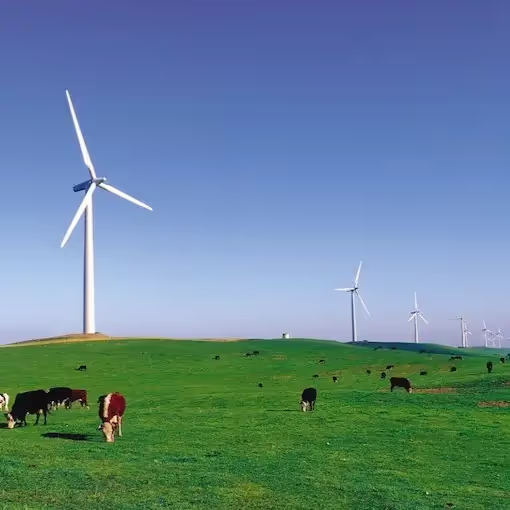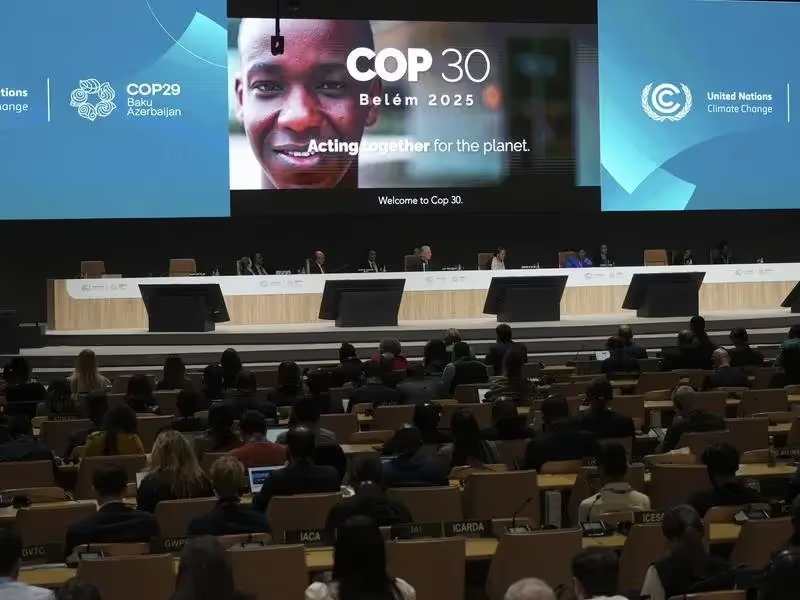The return of Net Zero politics
3
November
2025
1
min read

Written by York Park Group Partner, Elliot Stein, this article was originally published in Energy News Bulletin on 24 October 2025.
Investors and businesses involved in the energy transition need to remain focused on the political cycle to keep the pressure on energy transition.
It would be all too easy, and frankly a relief, to be able to dismiss the realignment of the right of Australian politics as a sad sideshow of a previous era. The climate wars were meant to be over, after all.
In recent months the right of Australian politics have opened the door to revisiting the bipartisan consensus on Net Zero. It wasn’t meant to be this way.
The science is long settled. The public has repeatedly spoken. The laws have been passed. Targets set and revised. Yet the Canberra circus has not quite let go.
Even as voters have delivered successive parliaments that are in favour of the energy transition there is a major realignment occurring on the right to move away from climate action.
For investors and business in the energy transition there is a need to take more than a passing interest in the right’s realignment. It will means continuing to actively join the debate.
The companies and investors leading the transition are the voices that Australians should hear from the most.
Businesses and investors leading the transition, those building the energy capture sources, stringing the poles and wires and delivering the power, as well those transitioning combustion engines and methods, should be front and centre in the public square. This is especially the case in our regions.
More recently an argument has started to emerge that investment cycles in renewable energy are so strong and progressed that the glide pathway to a net zero economy is more inevitable than not. The theory goes that because of the work of the private sector and of consumer choices that the flywheel of the energy transition has kicked over enough than no matter what the politicians do the change is coming.
In short that the noise from Canberra can be ignored. That the transition is all in motion and can’t be stopped.
Yet, the long serving EU and UK climate negotiator Peter Betts reminded us in his posthumous memoir that for all the progress of climate action the single most important driver of emissions reductions were the actions of governments themselves.
Betts reminded us that Government policy, including through the COP process, was the greatest driver of the energy transition. By extension, any fracturing of that government progress would harm the transition and invests of the private sector.

The Albanese Government, led by Climate Change Minister Chris Bowen, has undoubtedly done more in the past three years to progress clean energy adoption than the past decade.
More gigawatts of clean energy have been added to the grid, more projects approved, stronger reduction targets have been set, and home batteries are populating thousands of Australian homes.
The Government has been successful in wining public support for its policies, even on the backdrop of apparent opposition. However, even with the support of the public storm clouds exist for further investment in clean energy.
Look no further than the case of offshore wind. At the 2025 election in every electorate where an offshore windfarm was proposed the Labor Government received a swing towards it. The voters in the Hunter, the Illawarra, Victoria and West Australia all stared down the scare campaign. Yet – due to global politics and continued investment uncertainty, especially emanating out of the United States – major offshore wind proponents have currently mothballed or withdrawn their projects.
The story should be a warning for investors, proponents and businesses that the task of continued need for to vocally advocate for the energy transition, at a national and at a project level. As wind farm and transmission construction continues at pace in rural and regional Australia the role of private industry to gain and constantly secure social licence could not be more important.
The right of Australian politics is going through a period of realignment. As in the UK and the US populism and energy transition denial is capturing centre-right parties. As these parties seek to accommodate anti-Net Zero voices pressure is applied to the consensus of our once-settled politics.
With a 94-seat strong contingent of MPs it could be safe to assume that the politics of climate are settled. The antics of Barnaby Joyce could again prove that to be premature.
10
February
2026

Regional aviation in Australia: The key drivers behind current government reviews
Read news article
10
February
2026

Regional aviation in Australia: The key drivers behind current government reviews
Download White Paper
4
February
2026
.webp)
York Park Group launches transaction communications service
Read news article
4
February
2026
.webp)
York Park Group launches transaction communications service
Download White Paper






